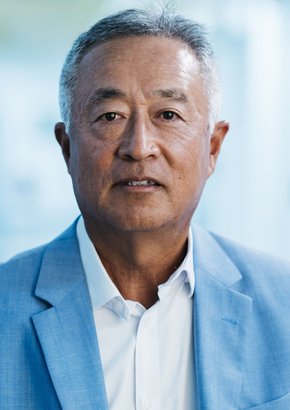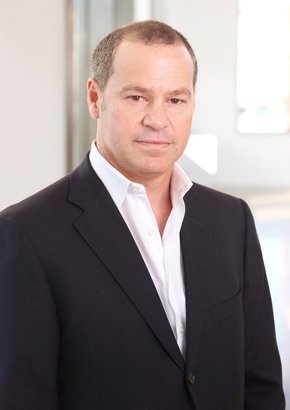
Interview with Manuj Desai
Global CIO of STL
AI continues to explode in popularity across global businesses and creating new challenges for executives to keep up-to-date with the latest developments. It can also be challenging for industry leaders to prioritise which AI systems to implement.
This month, AI Magazine speaks with Manuj Desai, Global CIO of STL. With more than 20 years of experience in product development, business operations and strategy, Desai is responsible for analytics, visualisation, automation and digitisation to enable STL’s digital transformation across multiple business units.
Here, he speaks on the importance of business professionals being able to harness the full potential of AI. He also discusses responsible AI and how other CIOs can ensure that they are enacting digital transformation efforts in a powerful and ethical way.
Is AI the new frontier for CIOs?
The rise of AI tools like OpenAI, BARD along with the push for Artificial General Intelligence (AGI) has sparked enthusiasm in the industry, with experts projecting significant growth. UBS Global Wealth Management forecasts a 20% annual growth rate, reaching a US$90bn market value by 2025. However, I believe advancements in machine learning and generative AI may exceed expectations, leading to faster expansion.
CIOs not only remain the gatekeepers of an organisation’s technology infrastructure, but are also responsible for strategic planning, budgeting, implementing IT transformation initiatives, safeguarding data storage, and implementing robust cyber defences. And now, in 2023, we’re blazing trails of innovation - turbocharging operational efficiency, and supercharging data-based decision-making processes.
With AI's market size hitting the roof and its adoption spreading like wildfire, as CIOs we can’t afford to be left in the dark. AI is becoming the daily bread and butter for businesses, offering a whole new world of possibilities and hurdles to overcome. It's a wild ride, but CIOs should know they can't let this golden opportunity slip through their fingers.
What are the ways in which businesses can unlock the power of AI?
Data is the foundation of AI. It encompasses vast amounts of information collected, stored, and processed to train accurate models. High-quality, diverse data enables AI to generalise knowledge and uncover valuable insights. For example, an optical fibre manufacturing company can use data from networks to monitor performance, detect abnormalities, and address failures.
However, data security is crucial and CIOs must implement the necessary security measures. Collaboration with legal teams ensures compliance, while data governance sets standards, cleansing procedures, and validation mechanisms. As the world’s use of AI matures, CIOs should leverage existing platforms to make data more meaningful for respective organisations to consume.
The dynamic nature of this technology is most helpful as it ensures adaptability to changing environments. It can learn from new data, adjust its algorithms, and optimise performance based on changing circumstances. Businesses can stay agile, respond to market shifts, and deliver more personalised experiences to customers. AI technologies are highly scalable, meaning businesses can handle increasing volumes of data and complex tasks without significant resource constraints.
What are the most important elements to consider when it comes to ethical AI?
AI's dynamic nature can introduce bias if trained on biased or incomplete data. CIOs should ensure fairness by promoting transparency, accountability, and ethical AI practices. Collaboration with experts will help identify and mitigate bias. Adopting explainable AI techniques would enhance trust and regulatory compliance. Interpretable models and frameworks would aid in understanding and communicating AI outputs. Ethics committees would oversee initiatives, ensuring adherence to guidelines.
Deployment or the process of implementing and integrating AI solutions is where we get into real-world applications. AI deployment can unlock new insights, uncover hidden patterns, and drive disruptive solutions, helping organisations stay ahead of the competition.
However, deployment can also pose ethical challenges, with CIOs playing a key role in establishing ethical guidelines and frameworks. This may introduce significant changes in workflows, job roles, and organisational processes.
What would you say to other CIOs hoping to get ahead in digital transformation efforts?
According to recent statistics, businesses with CIOs who embrace digital transformation are one-and-a-half times more likely to experience substantial revenue growth. These leaders understand that sitting on the fence or burying their heads in the sand is a recipe for disaster.
Instead, they seize the bull by the horns, driving initiatives that propel their organisations to new heights. In fact, 82% of organisations with CIOs who embrace digital transformation report increased operational efficiency.
I encourage all my fellow CIOs to craft an AI strategy blueprint that encapsulates your company’s vision for the technology. It should pinpoint advocates for AI initiatives and guarantee precise measurement of key KPIs. By ingraining conscientious AI practices within your organisation, treating them as fundamental rather than an afterthought, CIOs can start mastering AI before it starts to master them.






